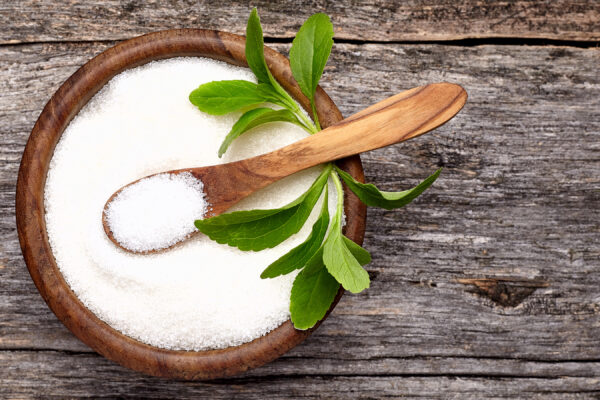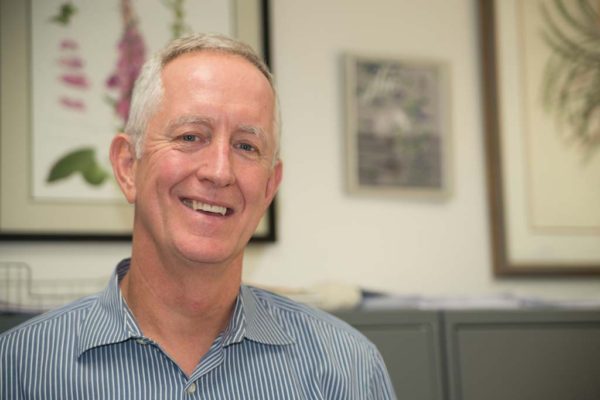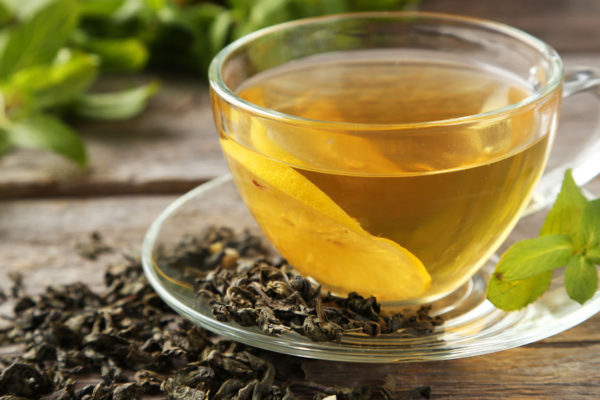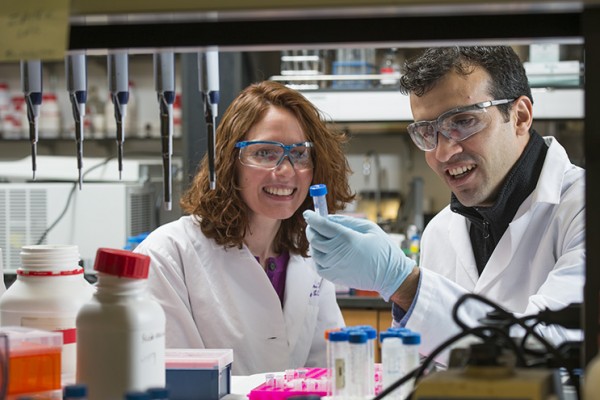Structuring sweetness: What makes Stevia so sweet?
New research by biologists in Arts & Sciences reveals the molecular machinery behind the high-intensity sweetness of the stevia plant. The results could be used to engineer new non-caloric products without the aftertaste that many associate with the sweetener marketed as Stevia.
Washington People: Richard Vierstra
As an 8-year-old, Richard Vierstra tried out 190 of the 200 experiments in “The Golden Book of Chemistry.” As an adult, he has taken on the much harder task of designing experiments to reveal the secret chemistry of plants.
The power of tea
A team of engineers at Washington University in St. Louis and their German collaborators say a compound found in green tea could have lifesaving potential for patients with multiple myeloma and amyloidosis, who face often-fatal medical complications associated with bone-marrow disorders.
Researcher Li receives American Heart Association grant
Weikai Li, PhD, assistant professor of biochemistry and molecular biophysics at Washington University School of Medicine in St. Louis, has received a two-year, $143,000 grant from the American Heart Association for research titled “Mechanism of VKOR Function and Warfarin Inhibition.”
It’s not always the DNA
Scientists have mostly ignored mRNA, the molecule that ferries information from DNA to the cellular machines that make proteins, because these DNA transcripts are ephemeral and soon destroyed. But mRNA can be just as
important as DNA scientists at Washington University in St. Louis say. They found that oxidized messenger RNA jams the cellular machines that
make protein. The failure to clear the jams and chew up bad messengers
is associated with neurodegenerative diseases such as Alzheimer’s.
Washington University biochemist named 2010 Searle Scholar
Katherine Henzler-Wildman, PhD, has been named a 2010 Searle Scholar, one of 15 U.S. scholars in the chemical and biological sciences to receive the prestigious $300,000, three-year awards. The award will fund Henzler-Wildman’s research into the molecular mechanisms in bacteria that give them multidrug resistance.
Kornfeld receives prestigious Kober Medal
Stuart A. Kornfeld, MD, the David C. and Betty Farrell Professor of Medicine, has received one of the highest awards in academic medicine, the 2010 George M. Kober Medal, from the Association of American Physicians. Kornfeld was presented the award on April 23 during the association’s annual meeting in Chicago.
Heme Channel Found
Heme, a crucial component of the biomachinery that squeezes energy out of food, must be transported across membranes but without exposing its central iron atom to oxidation. Work at Washington University shows how it is done.




